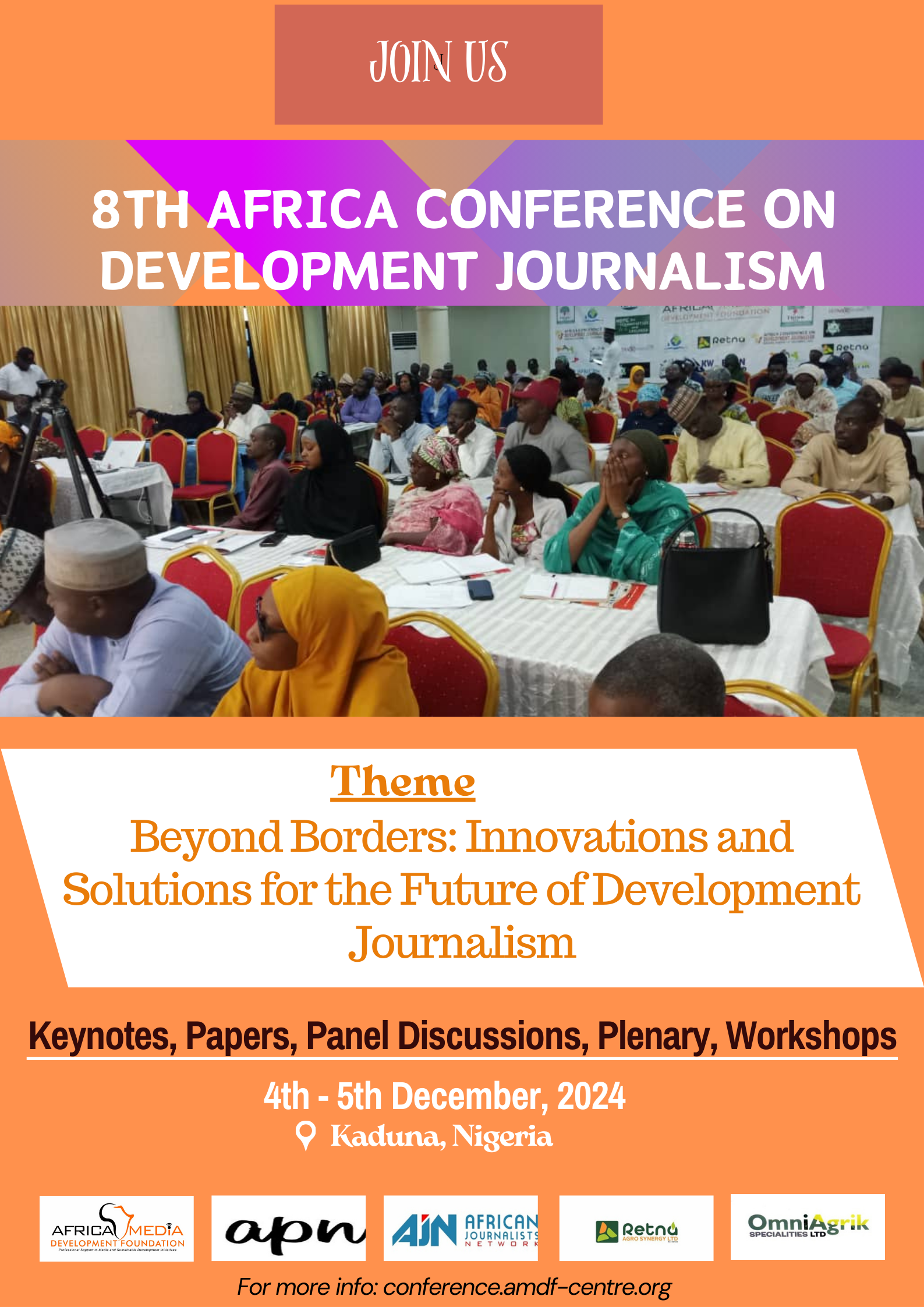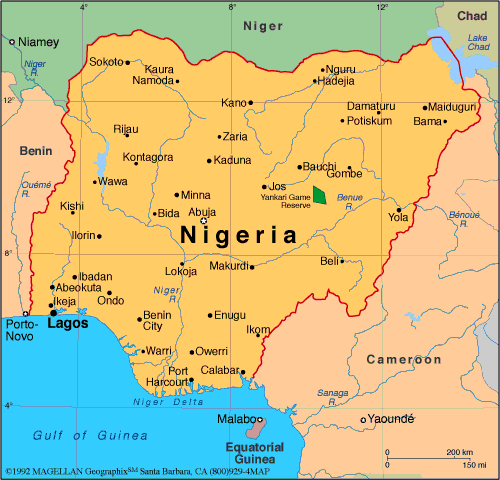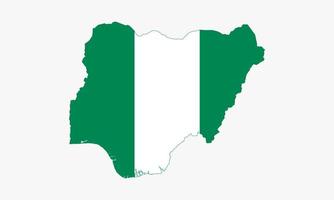 It was the best of times, it was the worst of times, it was the age of wisdom, it was the age of foolishness, it was the epoch of belief, it was the epoch of incredulity, it was the season of Light, it was the season of Darkness, it was the spring of hope, it was the winter of despair, we had everything before us, we had nothing before us, we were all going direct to Heaven, we were all going direct the other way – in short, the period was so far like the present period, that some of its noisiest authorities insisted on its being received, for good or for evil, in the superlative degree of comparison only.
It was the best of times, it was the worst of times, it was the age of wisdom, it was the age of foolishness, it was the epoch of belief, it was the epoch of incredulity, it was the season of Light, it was the season of Darkness, it was the spring of hope, it was the winter of despair, we had everything before us, we had nothing before us, we were all going direct to Heaven, we were all going direct the other way – in short, the period was so far like the present period, that some of its noisiest authorities insisted on its being received, for good or for evil, in the superlative degree of comparison only.
These opening lines of Charles Dickens’ A Tale of Two Cities come to mind when you have to compare the biting recession with what’s going on in Osun public education space, especially for children who are recipients of the Osun Elementary School Feeding and Health Programme now known as O-MEALS. This is in light of the fact that OMEALS keeps going strong even in the difficult economic environment (about six years now) while state like Kaduna State had to hurriedly apply the brakes on its own programme just six months in.
THE school feeding programme was first established in Brazil in 1950, targeting the children of the needy. Today, it has become a universal right under the law. Globally, many countries like India, Ghana and Kenya have recorded successes in school feeding programmes to give children good nutrition.
THE idea of school feeding is not new in Nigeria. Former President Olusegun Obasanjo launched his home-grown school feeding programme aimed at about 25 million children but the programme hardly took off. Immediate past President Goodluck Jonathan also made efforts towards the same idea, all to no avail. Lagos, Kano and Kaduna have also attempted school feeding projects in the past but could not sustain it. However that of Osun is still ongoing.
The programme was initiated by the Federal Government in 2004 through the Universal Basic Education (UBE) Act. According to information culled from the states website, “On assumption of office, the present Aregbesola- led administration undertook a comprehensive review of the inherited school feeding arrangement and came up with an overhauled and rebranded programme that was officially launched on the 30th April 2012. Implementation in primary schools is ongoing throughout the State. The key areas of improvement undertaken by the current administration are, inclusion of elementary Year 4, thereby increasing beneficiaries to 254,000, Capacity Development and Empowerment 3007 Community Caterers, Backwards Integration to Local Markets and Process Improvements.”
The O-MEALS programme aims to reverse the very low academic performance of pupils noting that good nutrition is necessary for development of cognitive skills. This follows a logical pattern since it has been scientifically proven that malnutrition impedes development in children. A well fed child is able to concentrate better in school and so able to learn much more. He is healthier and falls ill less often, so he doesn’t miss school as much. With the declining standard of education in Nigeria, and the nation’s 10 million or so out-of-school children, it is critical to do all we can to ensure that every child gets an education, at least a basic primary education. This is more so at a time that financial difficulties are making it difficult for many parents to properly feed and educate their children. A 2015 UNICEF report released revealed that over 1.7 million Nigerian children under the age of five were acutely malnourished, resulting in nearly 1000 deaths daily from malnutrition-related causes. This represents 10 percent of malnourished children globally. While a meal a day at school may not permanently solve malnutrition in the country, it will significantly alleviate the problems.
So far, (six years and counting), the programme has been hailed as a major success, with other states taking notes. Representatives of various states in Nigeria, at the end of a three-day study of the Osun State school feeding programme, vowed to use the template set by the state. They concluded that the Osun State Government had set a good template for the implementation of the nationwide school feeding programme. Speaker after speaker at the event commended the governor of the state for identifying school feeding as one huge opportunity for social welfare and an instrument of economic strength for Nigeria.
Also, international institutions showing interest in learning how it works. For example, “In November 2012, Partnership for Child Development (PCD) United Kingdom and the Government of the State of Osun signed the Osun Elementary School Feeding Transition Strategy Plan Document to further strengthen the programme. As at July 2016, of the 13 original pilots, the State of Osun is the only state currently implementing the programme. The programme still continues till date, despite the challenges.
What Happened in Kaduna and What Osun Did Right
The feeding programme in Kaduna was problematic from the start. It was heavily criticized as a misplacement of priorities given the fact that schools were heavily dilapidated. Understandably, this cannot be said to be the sole fault of Governor Nasir El-Rufai who was not at the reigns when the structures gradually rotted away. Many pundits claimed El-Rufai simply wanted to “score a curious point.” Regardless of what El-Rufai’s motives were, Osun appears to have gotten it right in this regard. The administration has shown its commitment to not only ‘stomach infrastructure’ as the uninformed may term OMEALS, but Aregbesola has remodeled, rebuilt and equip one beautiful school after another even as his tenure enters its twilight. The Opon Imo project and other interventions which have been justified by improving WASSCE results for Osun show that when physical structures and conducive learning environments are provided alongside, the feeding programme can be sustainable.
Also, due to the complexities of implementation and the peculiarities of the Nigerian environment, there is need for painstaking planning, especially in the area of statistics gathering, even before its take-off. It contributed to the crash in Kaduna. School population sky rocketed in some places from 200 to about 2000, in classes that were built for much less. In other words, the government was investing one billion per month on a project that was giving it problems and wasn’t achieving much. There were reports of mismanagement and diversion of funds by school administrators and principals who gave vendors’ monies to their friends. There were cases of students who showed up only at meal times, which led to increased attendance but very low retention. In Osun on the contrary, the registration, verification and identification process which included a uniform for vendors have helped curb excesses. And because there’s more for kids to enjoy in school than meals, they stay after the plates are packed to learn.
Another issue, that of funding dealt the most fatal blow to the Kaduna Feeding program. At the cost of N50 per meal, Kaduna was spending over 1billion per month. According to Governor El-rufai, the State had yet to receive the reimbursement for seven months, which the Federal Government through the office of the Vice President (OVP) promised to provide. This accounted for about 60% of the total cost. While the Governor acknowledged that OVP was doing it’s best to provide the funds, the state could just no longer bear the burden.
Many odds were stacked against Kaduna’s school feeding program, but these odds are also stacked against OMEAL. Perhaps, much more. This then suggests that maybe what is required for social interventions like this transcend data, infrastructure, and funds. It appears to be something called the will of the leader to plough on even in adversity, a resource Aregbesola appears to have.
Curled from osundefender.com






